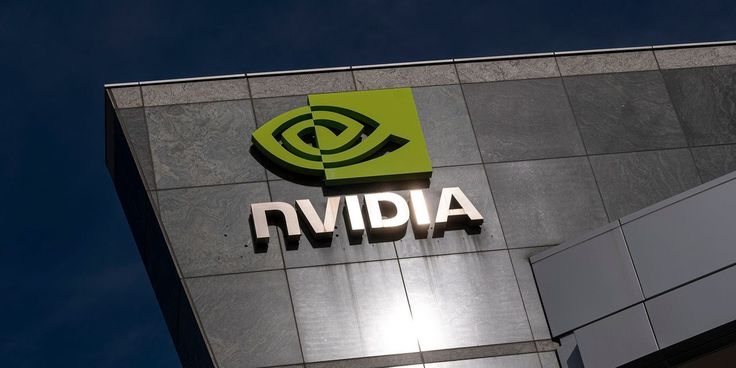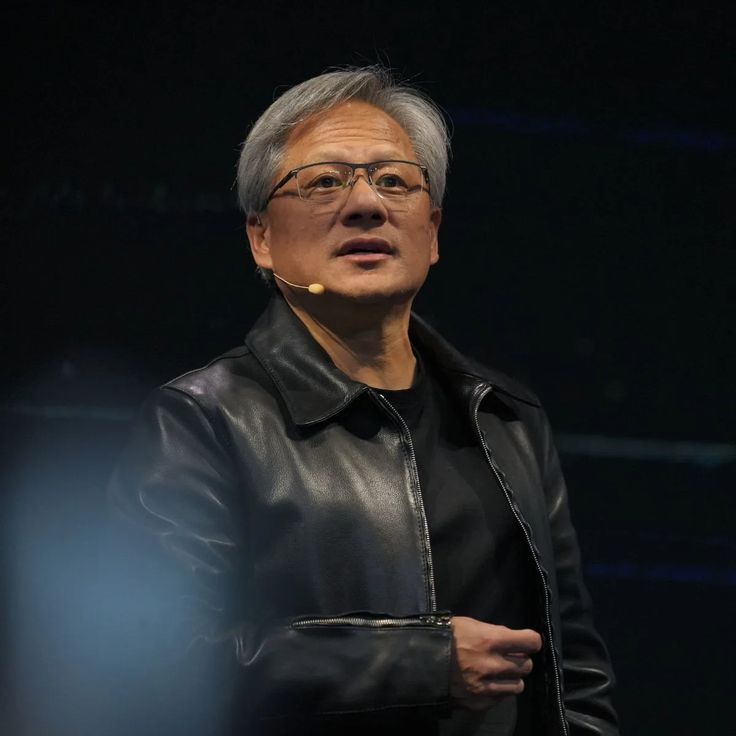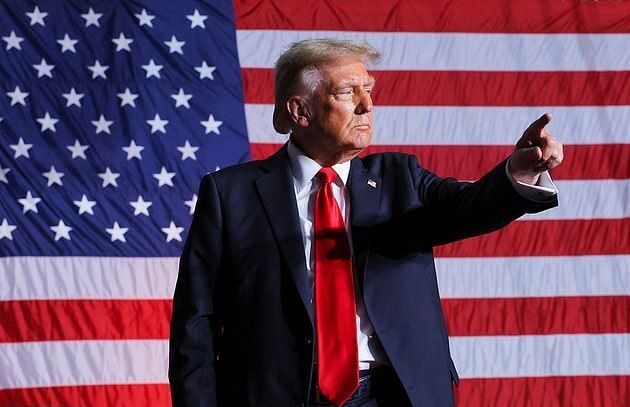The Nvidia China chip ban is making global headlines after reports surfaced that China’s Cyberspace Administration has ordered its top technology companies to halt purchases of Nvidia’s artificial intelligence (AI) chips. Nvidia’s CEO, Jensen Huang, expressed disappointment but remained calm, pledging patience as the geopolitical technology war between the US and China intensifies.
Nvidia — the world’s most valuable chipmaker and the first company to cross a $4 trillion valuation in 2025 — has become a cornerstone of the AI revolution. Its chips power data centers worldwide, fueling the explosive growth of generative AI tools, machine learning systems, and cloud-based services. The sudden move by Beijing is seen as both a political and economic response to US policy decisions, putting Nvidia at the center of a growing rivalry that could reshape the global AI landscape.
Beijing Orders Tech Firms to Stop Using Nvidia Chips
The Financial Times first reported that China’s Cyberspace Administration has instructed major tech giants such as DeepSeek, Tencent, and Alibaba to stop buying and using Nvidia’s AI chips designed specifically for the Chinese market.

This directive follows a series of restrictions from the US government, which had previously banned the export of Nvidia’s most powerful chips to China. That ban was reversed by President Donald Trump in July 2025, under an unprecedented agreement requiring Nvidia to pay 15% of its Chinese revenues directly to the US government.
Despite the US reversal, China appears determined to reduce its reliance on foreign chip technology. Analysts suggest that the move could accelerate China’s efforts to build its own advanced AI chips, a key part of its long-term tech sovereignty strategy.
Jensen Huang Responds to the Nvidia China Chip Ban
Speaking to reporters, Jensen Huang acknowledged the gravity of the situation but struck a patient and diplomatic tone.
“There are a lot of places we can’t go to, and that’s fine,” Huang said. “We will be patient and support the US as these geopolitical issues are resolved.”
Huang’s comments came while he was in the UK, accompanying Microsoft CEO Satya Nadella and other tech leaders during US President Donald Trump’s state visit. The Nvidia chief is expected to attend a state banquet alongside Trump and other industry leaders, where global technology collaboration — and rivalry — will be key talking points.
Nvidia’s Role in the AI Boom
Nvidia’s chips, particularly its H100 and A100 models, are considered the gold standard for AI development. They are used to train large language models (LLMs), run high-performance simulations, and power the backbones of data centers.
The Nvidia China chip ban is therefore significant because China represents one of Nvidia’s largest markets outside the United States. Although Nvidia has developed lower-spec chips specifically for the Chinese market to comply with US export rules, China’s decision to halt purchases could significantly impact Nvidia’s revenue stream and its future growth projections.
China’s Push for Chip Independence
China has long been working to develop its domestic semiconductor industry to compete with Western firms. The Nvidia China chip ban could provide an additional boost to this effort, as Chinese companies are likely to double down on local production and alternative suppliers.
Some industry experts see this as a strategic move to limit US leverage over China’s AI ambitions. By reducing dependence on Nvidia, Beijing is effectively hedging against future restrictions that could derail its AI development roadmap.
Market Reaction and Global Implications
News of the ban caused Nvidia shares to drop more than 1% in premarket trading. Investors fear that prolonged restrictions could hurt Nvidia’s long-term revenue growth, given how crucial China is to its business.
However, many analysts believe that demand for Nvidia chips in other regions — including the US, Europe, and the Middle East — will continue to drive strong sales. The AI boom shows no signs of slowing, with companies across multiple sectors racing to adopt AI solutions.
The Nvidia China chip ban also highlights the growing fragmentation of global tech supply chains. Much like the semiconductor bans of the past, this move could result in parallel technology ecosystems: one dominated by US companies and another increasingly self-sufficient in China.
Nvidia’s Investments in the UK and Beyond
Even as it faces challenges in China, Nvidia continues to expand globally. As part of a new US-UK tech partnership, Nvidia is set to supply chips for the Stargate UK data center, opening soon in north-east England in collaboration with OpenAI, Arm, and NScale.
This project demonstrates Nvidia’s strategy to diversify its business and strengthen ties with allied nations. It also positions Nvidia as a critical player in building sovereign AI infrastructure outside the United States.
Looking Ahead: What’s Next for Nvidia and the AI Industry?
The coming months will be crucial for Nvidia as it navigates a challenging geopolitical environment. The company must balance its commitment to US policy with its need to maintain a presence in one of the world’s largest technology markets.
The Nvidia China chip ban underscores how intertwined technology and geopolitics have become. For businesses, investors, and AI researchers, this is a reminder that global innovation is not just about silicon and software — it’s about policy, power, and politics.
Source: BBC News



